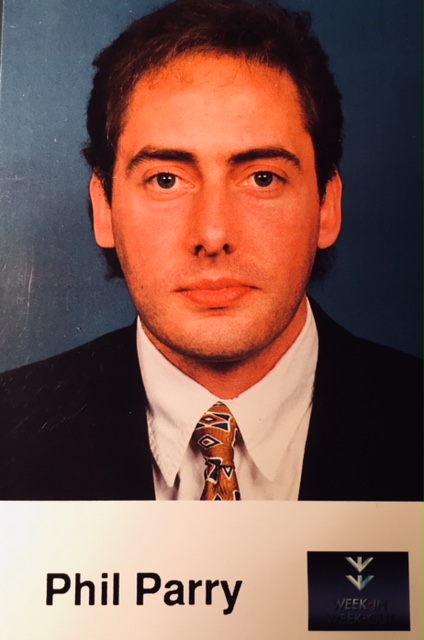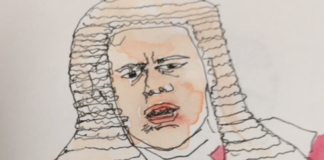- Legal eagle - 19th February 2026
- Round Robin - 19th February 2026
- Dark speak easy part one - 18th February 2026
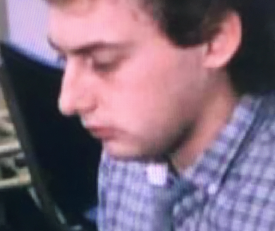
During 39 years in journalism (when he was trained to use clear and simple language, avoiding jargon), our Editor, Welshman Phil Parry, has always known the importance of morale in an institution because if it is undermined it leads unhappy staff to offer anonymous information about what is going on inside that organisation, which he thrives on.
Sadly exactly this happened at BBC Cymru Wales (BBC CW), where he worked for many years when a new controller arrived and staff from her old operation were effectively bused in en masse, so she was seen by employees as a bridge to a job in the corporation.

Earlier he described how he was assisted in breaking into the South Wales Echo office car when he was a cub reporter, recalled his early career as a journalist, the importance of experience in the job, and making clear that the‘calls’ to emergency services as well as court cases are central to any media operation.
He has also explored how poorly paid most journalism is when trainee reporters had to live in squalid flats, the vital role of expenses, and about one of his most important stories on the now-scrapped 53 year-old BBC Wales TV Current Affairs series, Week In Week Out (WIWO), which won an award even after it was axed, long after his career really took off.

Phil has explained too how crucial it is actually to speak to people, the virtue of speed as well as accuracy, why knowledge of ‘history’ is vital, how certain material was removed from TV Current Affairs programmes when secret cameras had to be used, and some of those he has interviewed.
He has disclosed as well why investigative journalism is needed now more than ever although others have different opinions, how the pandemic played havoc with media schedules, and the importance of the hugely lower average age of some political leaders compared with when he started reporting.

Morale is all-important.
One reason for it plunging is if staff believe their career progress is blocked unless they have worked previously in an organisation where the boss came from.
You then have a situation where their only recourse is to become whistleblowers, and reach out to people like me.

Unfortunately I have seen exactly this happen at BBC Cymru Wales (BBC CW), where I worked for many years, when a new Controller was appointed in the shape of Menna Richards, who had arrived from ITV Cymru Wales (formerly HTV Wales).
During her tenure in charge of the corporation in Wales, senior engagements were made among those who had formerly worked with her, when she had been employed in the independent sector.
Ms Richards had first been a reporter and producer for HTV Wales in the Current Affairs department in 1983, including on the Welsh language current affairs series, Y Byd ar Bedwar, before rising to become Managing Director of the broadcaster in 1997.

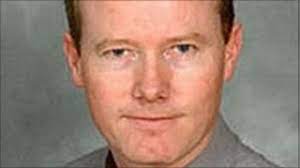
There was, for example, Toby Grosvenor, who left his post at BBC CW under a cloud as Head of Operations in 2005.
Since leaving, Mr Grosvenor has repaid the BBC a total of £315,000 after legal proceedings were issued against him. But the Crown Prosecution Service (CPS) said that following consideration of files from a police inquiry, there was insufficient evidence for criminal proceedings. He had been questioned as part of a South Wales Police (SWP) investigation into allegations of theft in June 2005.
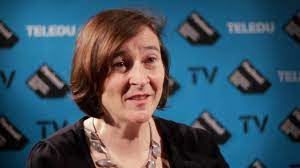
Another controversial appointment was Clare Hudson, who became Head of Programmes at BBC CW. In proclaiming online the importance of her past, she has written: “I have worked in the media for most of my adult life – first as a print journalist, then as an investigative reporter and producer for ITV, and later as a programme commissioner for the BBC in Wales. This has given me an in-depth knowledge of how newsrooms and the media generally (operate)”.
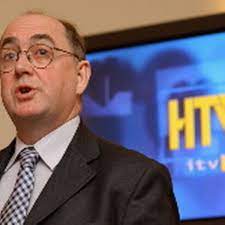
There were, though, plenty of other cases. Elis Owen was Head of Programmes then Managing Director at ITV Cymru Wales, but was chosen to become Head of Commissioning at BBC CW.
The senior journalist David Williams moved over to be Political Editor at BBC CW. His career was cemented by exposing the sexual mis-conduct of a senior police officer, and a television programme was made about it.
The documentary which featured him, Cam-drin Plant: Y Gwir sy’n Lladd (Child Abuse: The Truth Kills) on the Welsh-language channel S4C, told about the quest of Mr Williams with HTV Wales, ITV Wales and BBC Cymru Wales to discover the truth about physical and sexual child abuse at care homes in North Wales.
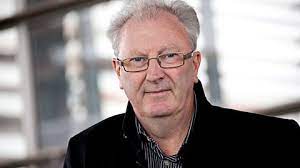
I was instructed to go for Mr Williams’ job when he left it, but it soon became clear that I was simply making up numbers, because, of course, a former ITV Cymru Wales person was appointed.
The headline-grabbing presenter of BBC CW Wales Today (WT) as well as the now-axed consumer affairs programme X-ray, Lucy Owen, (who conducted a contentious affair with the then Editor of BBC CW Radio Wales [RW] when she had fronted one of the station’s programmes) also possesses an intriguing background.
She, too, had worked at HTV/ITV Wales (as Lucy Cohen), and has made clear her links recently by tweeting congratulations to the ITV Wales presenter Jonathan Hill, after he had marked 30 years in broadcasting.
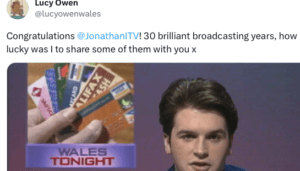 Her former colleague there, Nicola Heywood Thomas, was made presenter of the RW lunchtime show. I was eased out of my role hosting the RW programme Wales at One to make way for her.
Her former colleague there, Nicola Heywood Thomas, was made presenter of the RW lunchtime show. I was eased out of my role hosting the RW programme Wales at One to make way for her.
In an article several years ago about her busy life, it was reported that: “…she has been meeting her commitments as a consultant with Arts and Business Cymru, an organisation which builds bridges between the arts and business”.
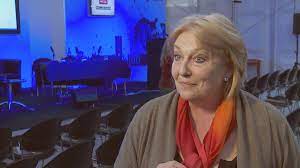
There were, though, others – including the Chief Operating Officer at BBC CW, Gareth Powell, as well as Sian Thomas, Head of Scheduling and Presentation (now retired).
The person who secured the job I was urged to apply for, Betsan Powys, had also worked at ITV Cymru Wales – as a reporter on Y Byd ar Bedwar.
But morale among the original people at BBC CW plummeted with all these appointments.
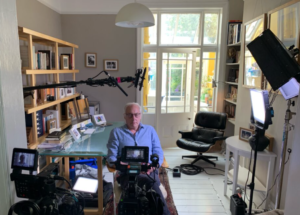
Others benefited…
The memories of Phil’s decades long award-winning career in journalism (including his years at the BBC) as he was gripped by the rare neurological condition, Hereditary Spastic Paraplegia (HSP), have been released in a major book ‘A GOOD STORY’. Order it now!
Publication of another book, however, was refused, because it was to have included names.

Tomorrow – how a staunch defence of work by a paedophile has highlighted mounting concern that Cardiff honours a self-confessed anti-Semite who made racist comments, and named a public plaza after him.








